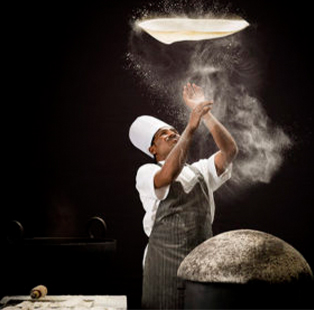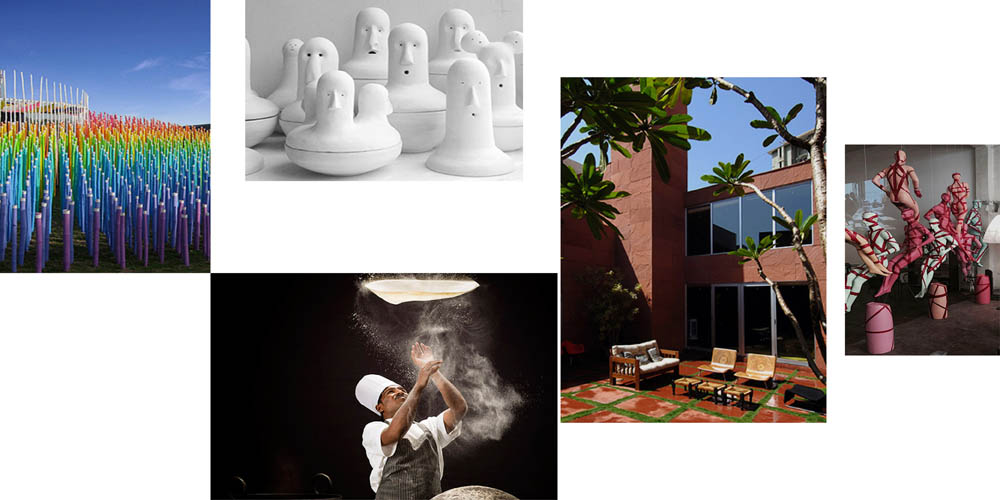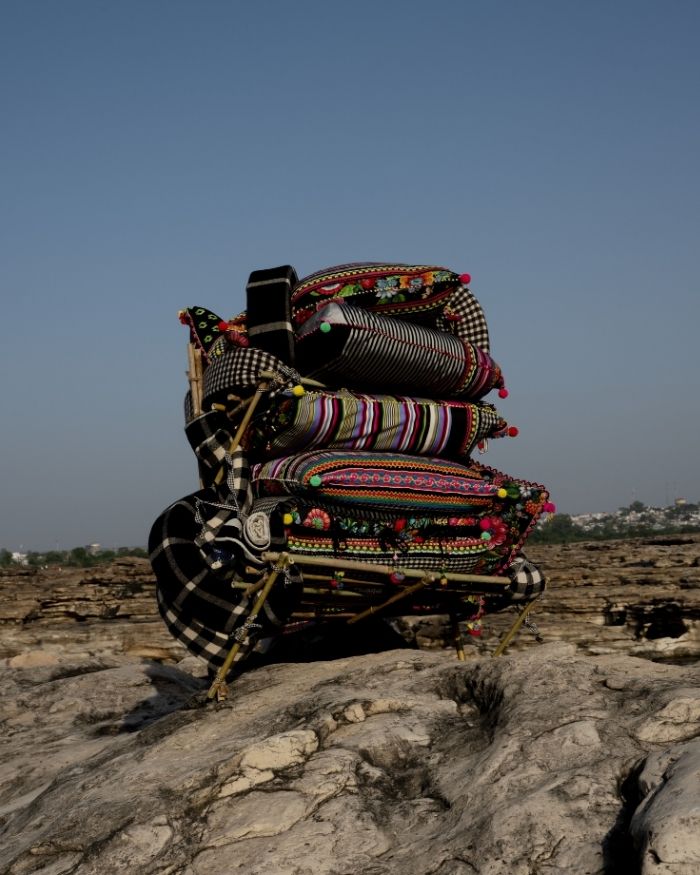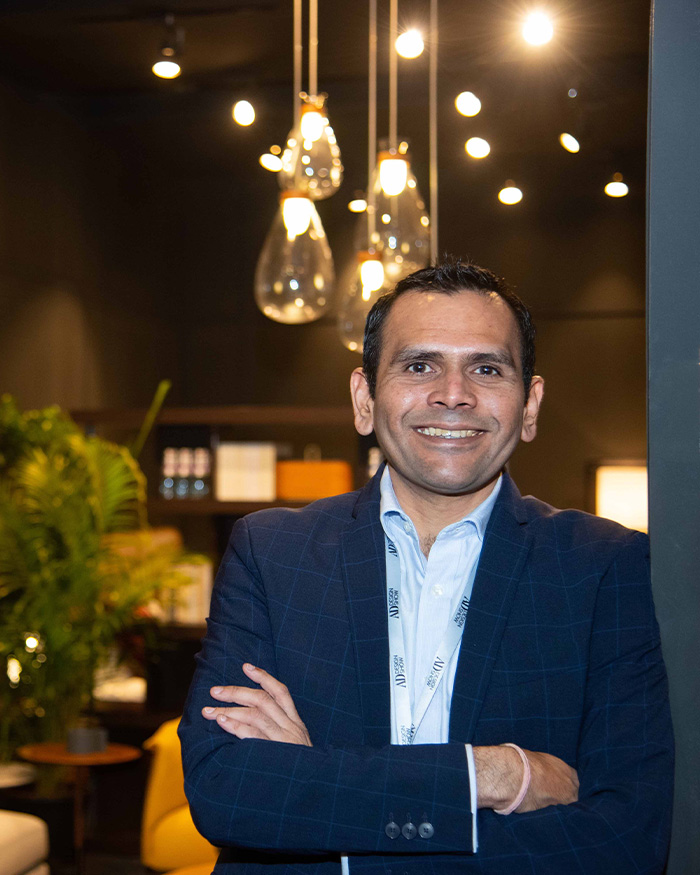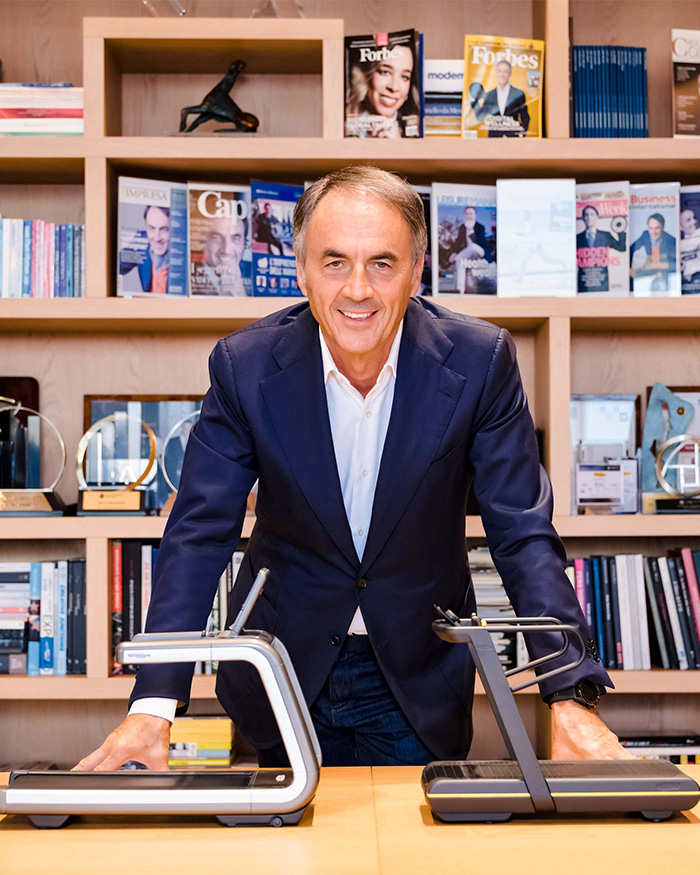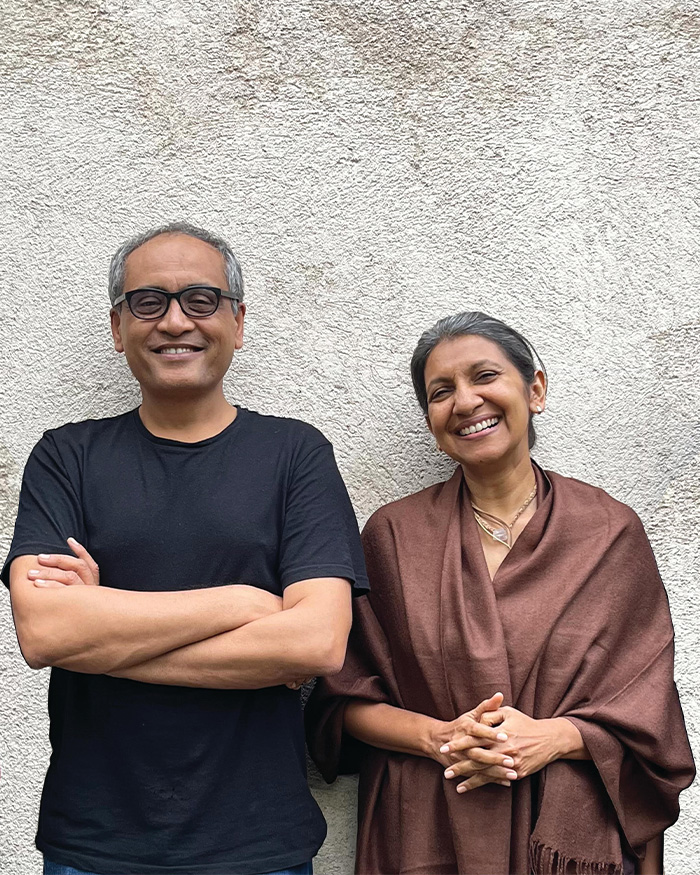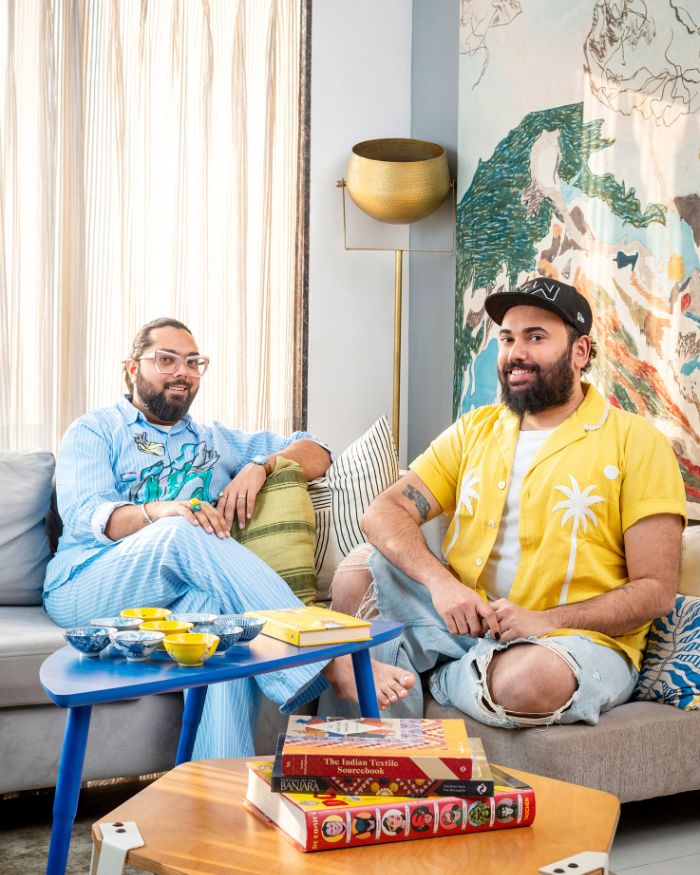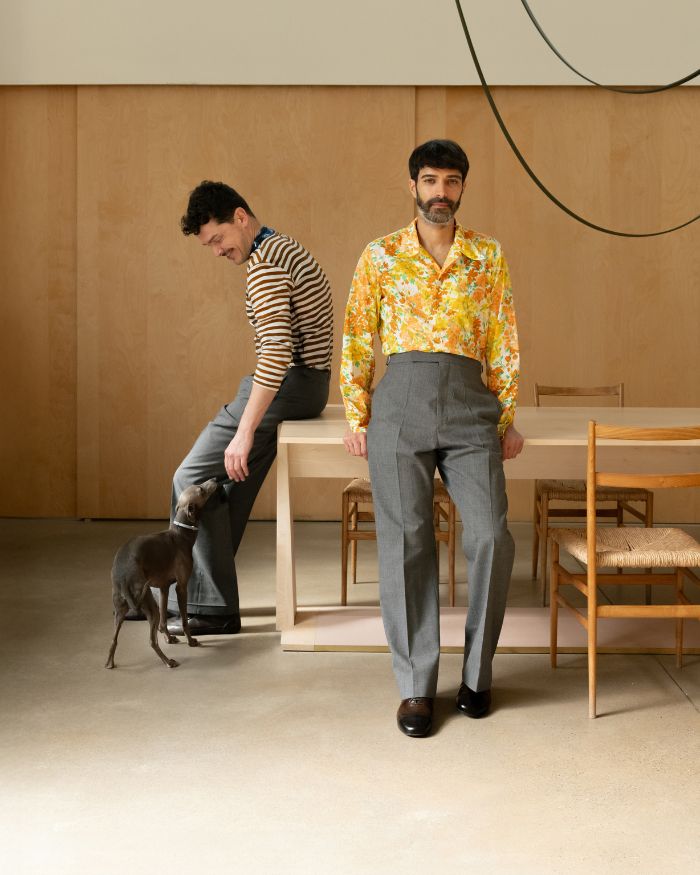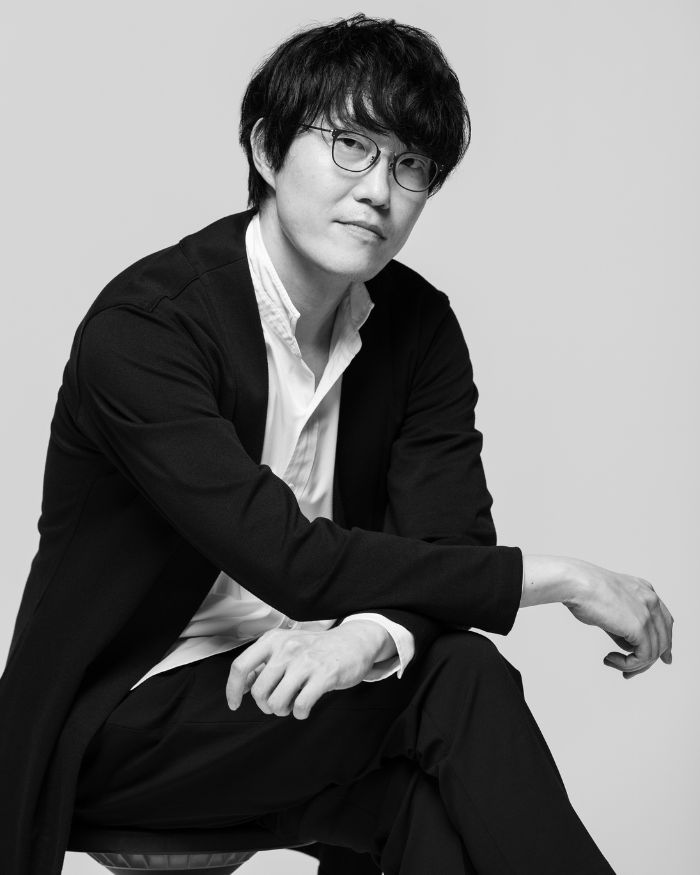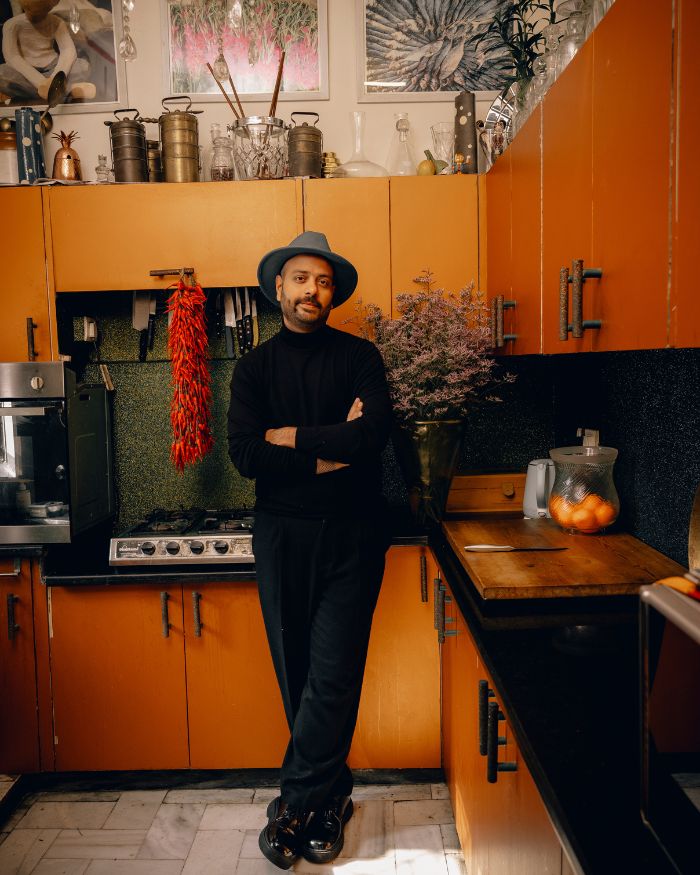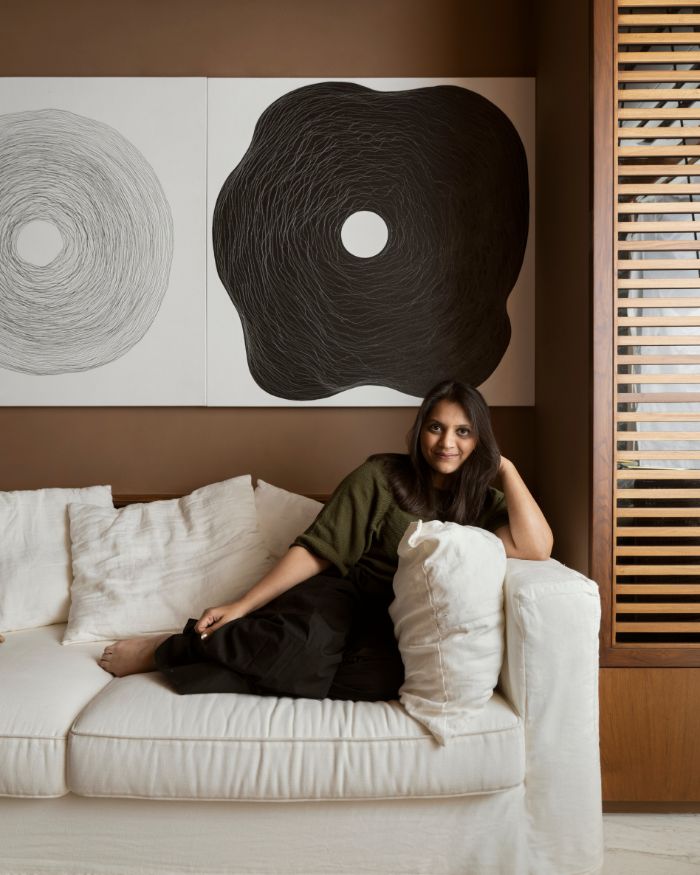From “failing better” to picking up skills far removed from their profession – 21 experts of design, of all ages and experiences, reveal the most important education they received for free.
JIGNESH JHAVERI (Photographer, Mumbai): One thing I never learned in school but am reminded of constantly is that there are no rules in a creative field. Sure, you have to master them, but then you have to forget them to be imaginative, find solutions and hopefully provide a new one to your clients. Innovation and improvisation are key.
GAURI DEVIDAYAL (Restaurateur, Mumbai): Your life partner is probably the most trusted person in your life. While they make for a great work associate, it’s important to leave business at the office and your private life at home.
SÖNKE HOOF (Architect, Ahmedabad): In university, while the design process and its documentation were certainly key, what emerged was considered a final product, an end of this process, and serving a particular purpose, giving a solution to one or several problems. Later change was not anticipated. I have now realised that this anticipation is most important.
SRIKANTH SK (Architect & General Manager – Innovation, Design & Customer Experience, Asian Paints): The power of curiosity and questions. Asking the right questions and finding the answers yourself is immensely satisfying and is the only way to stay relevant in these creatively chaotic times.
GURJIT SINGH MATHAROO (Architect, Ahmedabad): We often joked that we specialise in “non-building” as most of our initial projects won through competitions were abandoned or shelved. After years of participation, Ashwinikumar Crematorium in Surat was the first to be built, and we learnt to take failure as a norm and success as an exception. While the building went on to win major global awards, it was only four years later that somebody who attended a funeral there got so immersed in the space, he commissioned his home to us. We have not looked back since, and friends call it “Matharoo”– Hindi for “never lose” – spirit of our endeavours.
NISHITA KAMDAR (Architect & designer, Mumbai): Running two businesses (Studio Nishita Kamdar) and a bakery (Jar Designs) teaches me to ensure I deliver top-notch products. Rigour is the absolute key in any field, to keep pushing yourself in spite of the obstacles hurled your way.
NURU KARIM (Architect, Mumbai): Architectural education should be geared more towards risk taking and funding failure. The professional necessity of taking creative risks to survive. The proverbial leap into the void, into the unknown, into unchartered, unexplored territories, that of anti-gravity, levitation and black holes.
AMAN KHANNA (Artist, New Delhi): I graduated in 2004 from The London College of Communication with a degree in graphic and information design. Thought it taught me the rules, it also gave enough freedom to play with or break the same rules. Free thinking, for me, was the most important lesson. What they can’t teach is how to sustain or re-invent yourself – that’s a personal journey.
POOJA SINGHAL (Art revivalist & curator, New Delhi): What business did not teach me was getting the best out of people…understanding their temperament, their skill set, working style and using their strengths to ensure they deliver to my levels of perfection.
ABIN CHAUDHURI (Architect, Kolkata): Architecture courses generally tend to be utopian about their teaching. In the profession, one needs to take a more rational approach, especially in terms of intelligence in design, efficiency in production and value engineering. The responsibility of the architect does not end after the design is implemented; the product should contribute responsibly to society and introduce innovation in functionality.
TANUJ AHUJA (Photographer, New Delhi): A fine arts graduate, I worked at Lintas where I also did in-house shoots. Then came an offer to shoot for Sarita Handa. Ever since my first assignment with the textile house in 1996, I continue to work with them. Having worked closely with Mrs Sarita Handa, who is also the Creative Director of the brand, I have evolved a lot in terms of my knowledge and aesthetics in the field of decor photography.
ANUJ KOTHARI (Founder, No-Mad 97 % India, Mumbai): There’s a misconception that failure means you’ve lost the game of life. Not enough skills and programs are implemented in schools to teach us about failure being a given, how to react when it comes, and how to build on it and have breakthroughs.
FABIEN CHARUAU (Photographer, Mumbai): I picked up coding on the job. For my art production, I had to learn it much later, thanks to YouTube. No wonder my codes are very organic and I don’t have much control over the final results.
JASON WADHWANI (Architect and interior designer, Mumbai): I wish I learnt early on about the actual co-habitation of various forms of design like interiors, fashion, graphic, architecture and food. The lines between each are blurring. The interiors of a house can be designed like a fashion vignette or a dish can be architectural in its vision and conception.
RICHA BAHL (Interior designer, Mumbai): People skills are so crucial to our job. Not only do we deal with clients, we liaise with a lot of suppliers, vendors and labour. It’s important to know how to manage people and treat the onsite team with respect. There are often disagreements between different work teams which usually get resolved over a sit-down discussion.
SAIF FAISAL (Designer & EDIDA winner, Bengaluru): It’s challenging to convince clients about the pitfalls of engaging their whims beyond their needs on the functional aspects of design. I created this piece after college; where I took apart one of my AutoArt collectable 1:18 scale models (expensive, but totally worth it) and made this. This was my way of explaining to them that design needs to be handled with a certain skill and understanding, showing what becomes of their superstitious and frivolous desires.
KUNAAL KYHAAN SEOLEKAR (Designer & EDIDA Young Talent 2017, Pune)” The most important thing I learnt on the job is that a project is never fully designed or planned on paper. Most of it happens during construction, a collaborative effort with the builders, artisans and consultants that transform the project into a reality. The challenge is then staying true to the initial concept.
ENDA NOONE (Co-founder, Ikka Dukka, New Delhi): The one important lesson I didn’t learn in college is how to manage the emotional roller-coaster of starting your own business. Not getting carried away with the highs or despairing with the lows is something that can only be learned while earning your stripes in the deep-end. There are certain lessons college just can’t teach.J
AGVIR MATHAROO (Fashion designer, Mumbai/Goa): It’s important to know how essential individualistic style is. In the real world, this is the only thing that sets you apart. After a few years in the industry, I was finally able to find my niche and handwriting in terms of design – a mix of curiosities, nostalgia, morbidity and beauty is what defines it currently.
MARTINO CARAMIA (Fashion designer, Mumbai/Goa): The principles of design can be applied to various fields, be it fashion, food or home. The academics make us limited to one specification. But only confidence can help us truly experience design and creativity at its most. This has been my most important lesson.
AAKIF HABIB (Interior designer, Mumbai/Dubai/London): While school showed me how to build structures, my practice taught me how to build relationships – how to read a person and listen to their story so the spaces I design reflect their values. Collaborating with brilliant people across the globe inspires me to learn about their passions and cultures.

